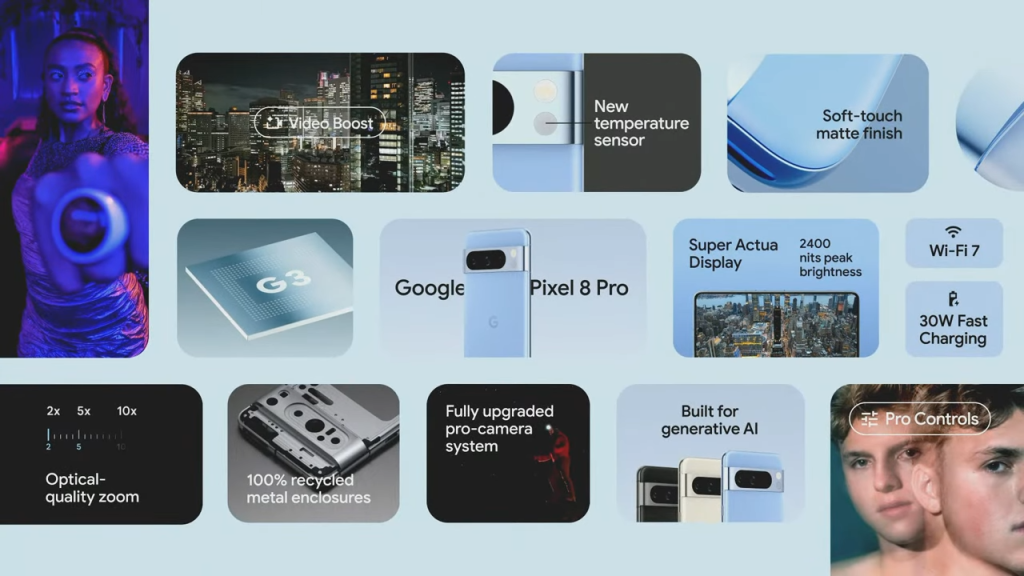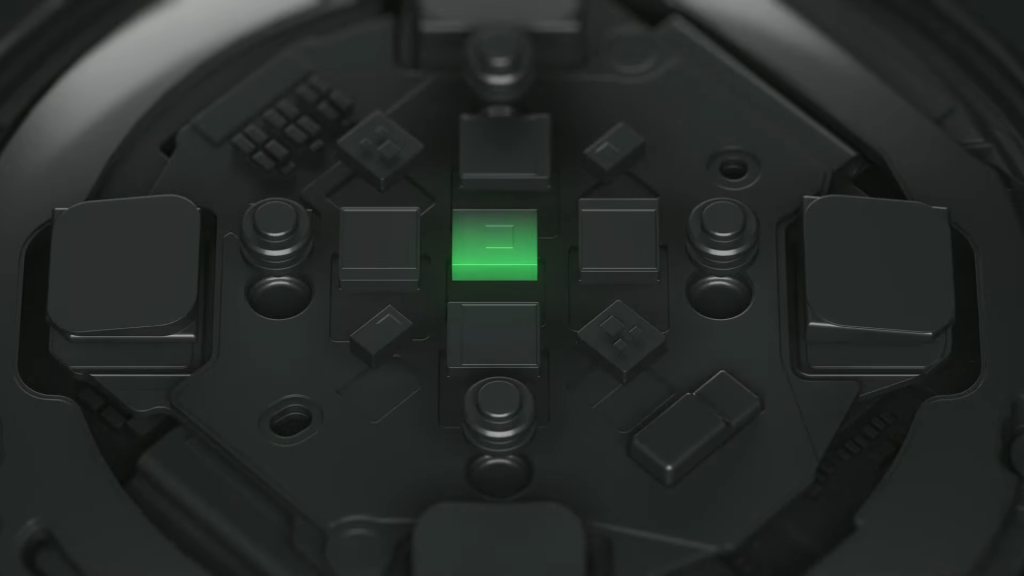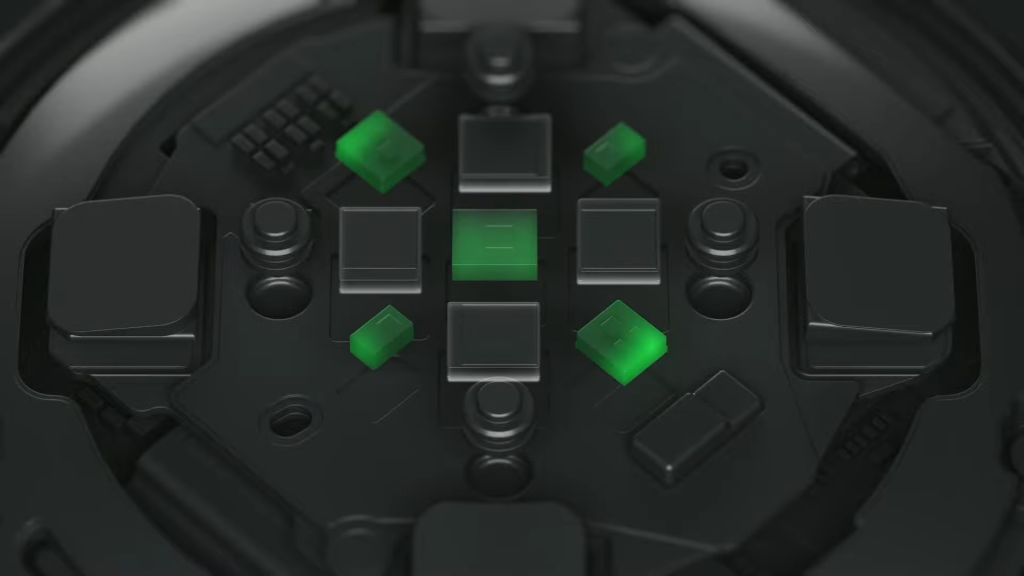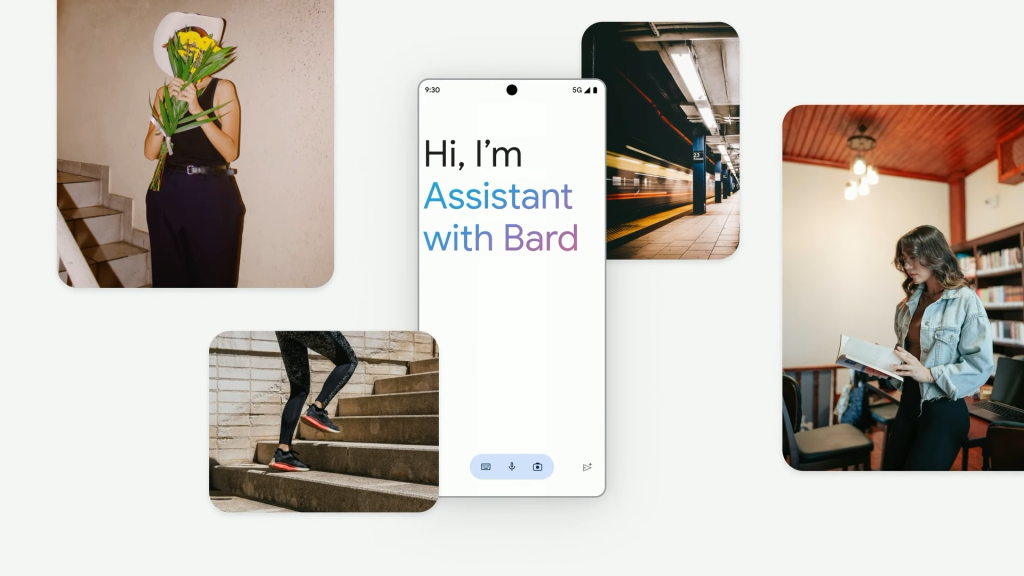After months of leaks, including some deliberate ones, Google has finally launched the Pixel 8, Pixel 8 Pro, and Pixel Watch 2. Taking to the stage today in NYC, Rick Osterloh and co unveiled a range of products that advance its product lineup, showcase the future of its acquisition of Fitbit, and unleash the future of search and voice assistants.
Here are five key takeaways from the Pixel 8 launch:
Google bets big on support
Google wasn’t the first or loudest to tout how long it supports its phones, but it raised the stakes. The Pixel 8 and Pixel 8 Pro have seven years of guaranteed software updates, AI innovations, and security updates.
There remains the issue of trust, however. One of the first discussions I saw occur in real time on X was whether the Pixel lineup would even exist in 7 years, given Google’s love of canceling devices and projects without regard for the impact.
MrMobile put this exact question to Rick Osterloh, Google’s SVP of Devices & Services and the main presenter of the keynote. The answer: as you might expect. He recognized this problem but reassured customers that Google is committed to Pixel.
The Pixel has been around for seven years, and Google is aiming big.
Subscription revenue has been growing steadily, and the next act of Apple's financial performance could be its best yet.
The new Pixel 8 and Pixel 8 Pro will expand to launch across Europe by the end of the year, and Google is scaling up its support and marketing efforts to launch in further countries in the future. I know many people in India want Google to launch the Pixel there, so it’ll be interesting to see if Google does.
Pixel 8 and Pixel 8 Pro continue a journey

The Pixel 6 was a turning point for Google. The problems with the first-generation Tensor chipset, the overall reception, and the desire for a premium Google experience all led Google to take a more Apple-like approach to building its ecosystem of products. As its recent commercials say: “You already use Google, so why not a Google Phone?”
These commercials are extremely clever and help to reassure anyone with doubts about Google’s hardware prowess. The goal is to offer a viable ecosystem alternative to that enjoyed by the iPhone and all powered by Google. The Pixel 8 Pro is a flagship product to fulfill that statement.
The Pixel 8 Pro represents the best of Google in a phone. The new Tensor G3 chipset brings upgrades across the board, including CPU, GPU, and processing performance increases. As Rick mentioned to Michael Fisher in the interview, the Tensor G3 also allows Google to compute more tasks around AI and machine learning on the Pixel 8 Pro itself.
The Tensor G3 powers many new features, including more natural conversations with Google Assistant, a new Audio Magic Eraser feature to help clean up audio in recorded videos, Call Screening, and much more. The Tensor G3 is also paired with 12GB RAM and 128GB, 256GB, 512GB, or 1TB of storage. Google should have increased this to a 256GB storage minimum, especially with the $100 price increase to a starting price of $999.99.
There are many camera improvements, with Best Take being the biggest. When taking a photo with Best Take, the Pixel 8 Pro captures a series of pictures and lets you choose the perfect expression for each person. This will allow everyone to take the perfect photo every time, and given how many users retake photos because someone was blinking or had a funny expression, this could be a major draw to the Pixel lineup.
Pixel Watch 2 is the real star
There’s a lot to like about the new Pixel phones, but I am currently using something folding that comes out in a few weeks that I believe is the leading candidate for my phone of the year. With that in mind, I’m less enthusiastic about returning to a regular phone, even though the Pixel 8 Pro looks fantastic in that blue Bay color, and I will be getting one.


The Pixel Watch 2 was my real star takeaway from the Made by Google event. Why? It’s a redesigned smartwatch that was built with the Google-owned Fitbit team. The first-generation Pixel Watch was a good starting place, but it was already in development when Google completed its Fitbit acquisition. The Pixel Watch 2 shows that Google Fit can be the Apple Health challenger that Apple needs.
Subscription revenue has been growing steadily, and the next act of Apple's financial performance could be its best yet.
The Pixel Watch 2 combines the best of Google with the best of Fitbit, and the result could be the best Android-compatible smartwatch on the market.
The new Qualcomm W5 Gen 1 chipset should provide actual all-day battery life (although the first-generation Pixel Watch made the same claims and failed). Key safety features such as Fall Detection and Emergency SOS all make a return, as well as a new Safety Check tool that learns your habits to understand when you might need help; if it takes you 20 minutes to get home, and you’re significantly over that, the Pixel Watch 2 will share your live location with your emergency contacts.
The area I’m most excited about, however, is health integration. Google said that the Pixel Watch 2 can sync the data from your health provider, which is one of the main reasons I wear an Apple Watch. Does the Pixel Watch 2 deliver? Are the redesigned heart rate sensors – the most powerful ever on a Fitbit device – the best right now? On paper, they may be, but whether they are useful for someone who relies on this information is yet to be determined.
The future of Google Assistant is generative

I love Google Assistant. Well, I used to, but now I mostly tolerate it. All of my Sonos speakers in my apartment have Google Assistant turned on despite the problems, and Google Assistant runs all of my home automation. Yet, over the past few years, Google Assistant has become increasingly worse, and it has lost much of its usefulness.
Today, Google showed off the future of Assistant, dubbed Assistant with Bard. Built around Google’s generative AI product, Bard, the future of Assistant is one where you can do much more, all in a conversational tone. Some examples Google provided included crafting a social media post related to an image you provided or working with common apps like Docs and Gmail.
I don’t feel this goes far enough. Bard needs to transform how we use Assistant in the home across all of Google’s smart speakers and displays, as it currently feels like the home is a distant memory for Google. Yes, they launched the Pixel Tablet earlier this year, but the core underlying platform hasn’t improved; it’s only gotten worse. I fear that Google’s Home lineup could eventually face the axe if they don’t, as Google and its customers get fed up.
Is Fitbit Google’s secret weapon?
The Pixel Watch 2 is extremely exciting to me for the health benefits mentioned above, but I wanted to note separately that Fitbit is equally exciting. At a rumored cost of $2.1 billion, this gave Google everything it was missing from the Health space. Google’s acquisition of Motorola led us to the Pixel phones today, and Fitbit could lead us to the next-generation health experiences of tomorrow.
I love the Apple Watch, but Google Fit excites me for other reasons. With conversational AI coming to everything Google, you can ask Google Assistant for health and fitness insights. Or, if you use the Good Morning routine, imagine being told how you slept, your recovery, key metrics, and overall health. It’s one of the things I check every morning, and having it delivered as part of a morning routine is a powerful use of Google’s ecosystem.
Those are my key takeaways from the Pixel 8, Pixel 8 Pro, and Pixel Watch 2 launch event in NYC earlier today. Google’s latest devices further advance its ecosystem play and should have a wide appeal. The concerns around the Tensor overheating and whether the Pixel lineup will exist in 7 years remain, but this was an incredibly strong event from Google. Now, the real test is whether it can deliver everything it promised.
